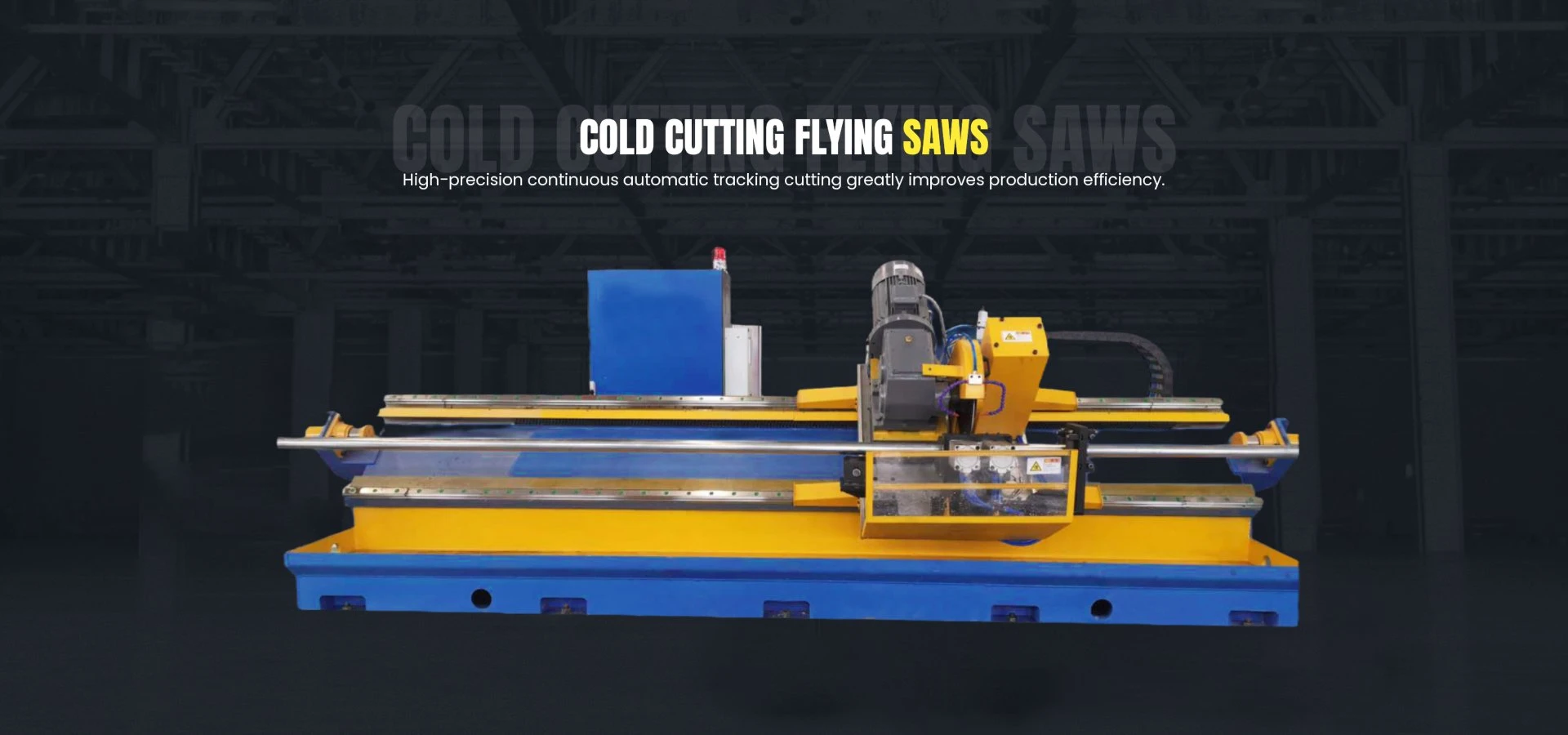stainless steel pipe manufacturing machine
The Role of Stainless Steel Pipe Manufacturing Machines in Modern Industry
Stainless steel pipes have become indispensable in various industries due to their exceptional properties, including corrosion resistance, durability, and aesthetic appeal. The manufacturing of these pipes requires sophisticated machinery that ensures precision and quality. This article delves into the significance of stainless steel pipe manufacturing machines, emphasizing their components, processes, and the impact they have on industrial applications.
Components of Stainless Steel Pipe Manufacturing Machines
The manufacturing of stainless steel pipes involves several key machines, each designed to perform specific tasks. The primary components include
1. Slitting Machines These machines cut wide stainless steel coils into narrower strips, which can then be used as the raw material for pipe production. Precision in slitting is crucial, as it affects the overall quality of the finished pipes.
2. Forming Machines Once the strips are prepared, they undergo a forming process where they are shaped into cylindrical forms. This is typically achieved using either seamless or welded methods. Seamless pipes are made by extruding the solid stainless steel, while welded pipes are formed by bending and welding the edges.
3. Welding Machines For welded pipes, specialized welding machines are employed to join the edges of the metal strips. Techniques such as TIG (Tungsten Inert Gas) and MIG (Metal Inert Gas) welding are commonly used, ensuring strong and clean seams that contribute to the pipe's integrity.
4. Heat Treatment Furnaces Post-fabrication, pipes often undergo heat treatment to relieve stress and enhance their mechanical properties. This step is vital in ensuring that the pipes can withstand high pressures and temperatures in practical applications.
5. Cutting and Finishing Machines After welding and heat treatment, the pipes are cut to the desired lengths and surfaces are finished. This may involve polishing or passivation processes to enhance the surface quality and corrosion resistance of the pipes.
stainless steel pipe manufacturing machine

6. Testing and Inspection Equipment Quality control is critical in stainless steel pipe manufacturing. Machines equipped with ultrasonic testing, hydrostatic testing, and visual inspection systems are integral to ensuring that each pipe meets industry standards and specifications.
Manufacturing Process Overview
The stainless steel pipe manufacturing process begins with raw material selection. High-quality stainless steel alloys are essential to ensure the final product's performance. Once the materials are prepared, the slitting machines create strips which then move to the forming machines.
Depending on the manufacturing method chosen—seamless or welded—the pipes are formed and then welded together. Following welding, heat treatment processes improve the pipes' structural integrity. Finally, the pipes are subjected to rigorous testing before packaging and shipment.
Impact on Industry
Stainless steel pipes produced with advanced manufacturing machines are utilized across a myriad of sectors, including construction, oil and gas, chemical processing, and food production. Their corrosion resistance makes them ideal for transporting fluids, while their strength is crucial in load-bearing applications.
The efficiency and precision offered by modern manufacturing machines also contribute significantly to cost-effectiveness. High levels of automation reduce labor costs and minimize the risk of human error, resulting in consistent quality and reduced waste.
Conclusion
In conclusion, stainless steel pipe manufacturing machines play a critical role in the production of high-quality pipes for various industrial applications. As technology continues to advance, these machines offer improved efficiency, precision, and versatility. The ongoing innovation in manufacturing processes not only elevates the quality of stainless steel pipes but also enhances their applicability across numerous industries, ensuring their continued relevance in the modern marketplace.
-
High Frequency Straight Seam Welded Pipe Production Line-BzZhou Xinghua Machinery Equipment Manufacturing Co., LTD.|Precision Welding, High EfficiencyNewsJul.30,2025
-
High Frequency Straight Seam Welded Pipe Production Line|BzZhou Xinghua|Precision Welding&EfficiencyNewsJul.30,2025
-
High Frequency Straight Seam Welded Pipe Production Line - BzZhou Xinghua|Precision Engineering&EfficiencyNewsJul.30,2025
-
High-Frequency Straight Seam Welded Pipe Production Line-BzZhou Xinghua Machinery Equipment Manufacturing Co., LTD.NewsJul.30,2025
-
High-Frequency Straight Seam Welded Pipe Production Line-BzZhou Xinghua Machinery Equipment Manufacturing Co., LTD.|Precision Manufacturing, High EfficiencyNewsJul.30,2025
-
High Frequency Straight Seam Welded Pipe Production Line-BzZhou Xinghua Machinery Equipment Manufacturing Co., LTD.|Precision Steel Pipe Manufacturing&Industrial EfficiencyNewsJul.29,2025


